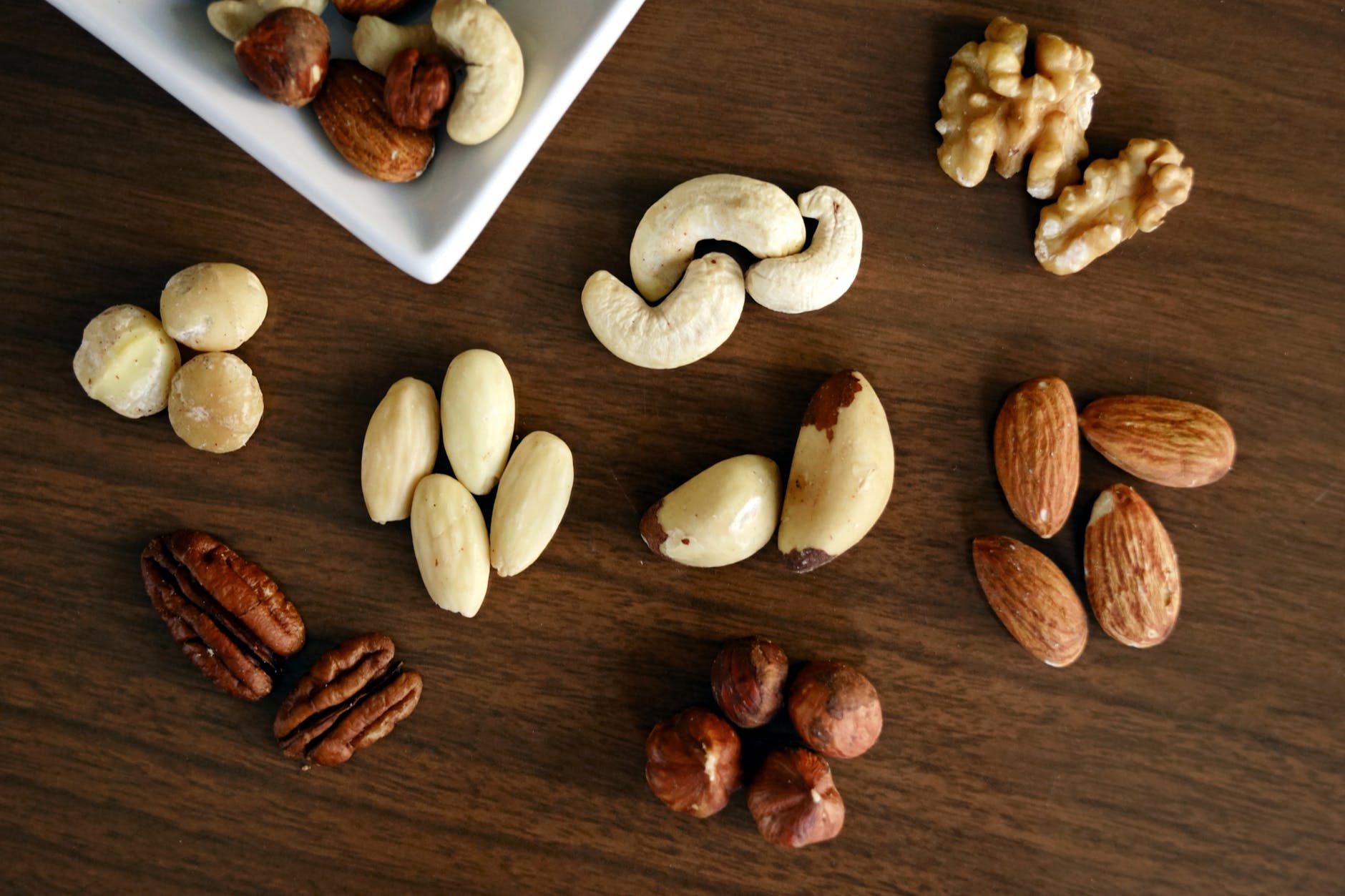The Cashew Principle
- John Massey
- Sep 26, 2019
- 3 min read
Updated: Mar 13

Even though "all or nothing" may be a great rally cry or motivational concept, I have found it creeping its way into our definition of recovery with a negative tint. Still trying to grow out of our black-and-white thinking, we may find ourselves choosing nothing so that we don’t get caught up in overdoing it. Similar to an on/off switch, we choose to not even go there in our efforts to not go too far. The holiday season before last, a friend of mine recounted his experience with a Costco-sized jar of cashews he and his wife had out for refreshments. He found himself going back time and again for "one more handful"; and out of his self-awareness, decided this was a habit that could not go on. He presented the situation and declared a solution of "no more cashews" – sounds reasonable, right? No, not reasonable, I argue. I have found that while overindulgence is typically a slippery slope and reminiscent of our addict habits, the decision well nothing then is reminiscent of our immature black-and-white thinking as well.
Let’s use the example of a pressure regulator (like in a water line). There’s not a whole lot of effort in turning the water on or off. No flow? Great, "all the way off"! Need water? "Fire in the hole!" But there is no skill in that. The skill or the maturity is gained in the regulation of the flow. In everyday life, it looks like: treating yourself to ice cream, but limiting to a reasonable amount; watching tv for a predetermined amount of time; playing the latest video game, but not staying up until one, two, five o’clock in the morning… "With great power comes great responsibility" – if you allow yourself to indulge, you expose yourself to the risk of overindulgence. There are definitely habits to 100% not engage with: pornography, heroin, etc (I am refraining from making any NFL jokes so as to not undermine my seriousness). And then there are habits that may cause someone else to stumble, but not you, or vice versa. Video games, food, alcohol, and even exercise are all habits that can be recreational or abused (over-indulged).
One of the common methods of sorting out addictive tendencies, is to set a trial period of abstinence; experience a time in your life that you did, in fact, turn the switch off. And by all means, do not feel obligated to attempt to regulate a habit you do not feel comfortable or suited to handle. If you find yourself having an over-usage issue (either abusing a healthy habit or partaking in unhealthy ones), set a boundary. And then reach out; either to a peer, a mentor, or seeking out counseling (professional or pastoral). You are not alone! There are support groups available and guys just like you fighting side-by-side (and I used to think I was the only one too).
But remember, once you come out of the period of abstinence, start working your "regulating muscle". Set up boundaries and accountability – either with a group or a counselor (or both); practice your self-awareness and take note of urges or longings towards an old habit. And most importantly, don’t just replace the bad habit with a good habit, because that will abuse the good habit. I had to come to a place where I could look into my motivations and causes for my coping mechanisms – even the ones that are socially acceptable. Don’t give up hope, we are all a little nuts (and some is better than none, right?).



Comments